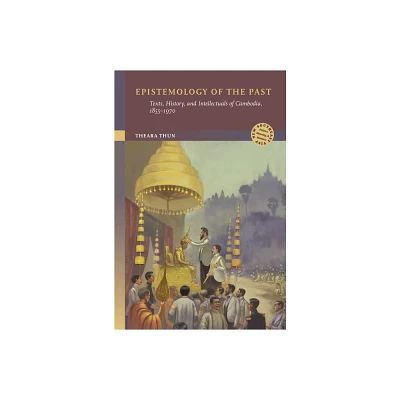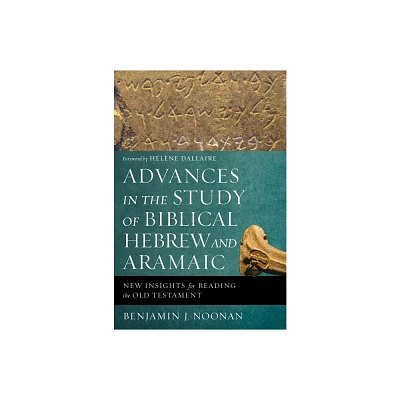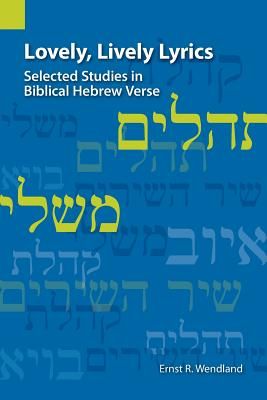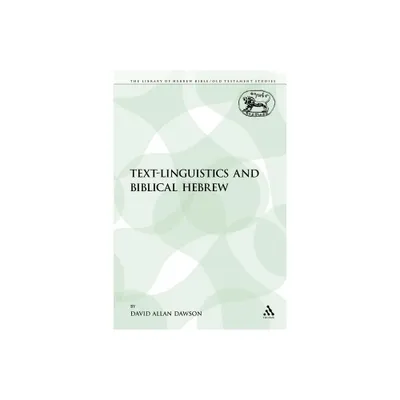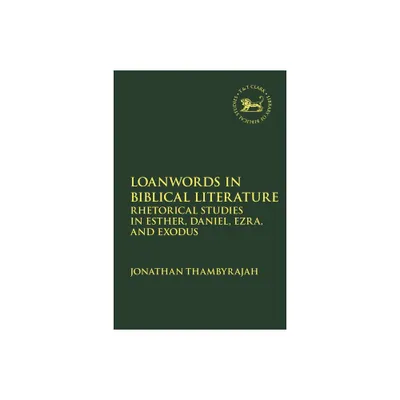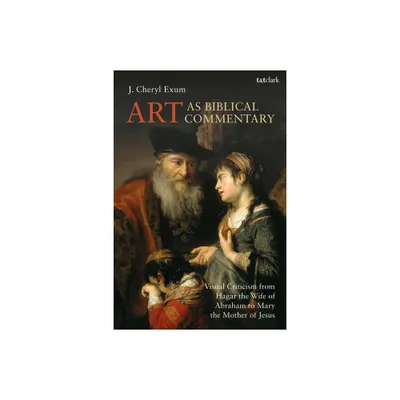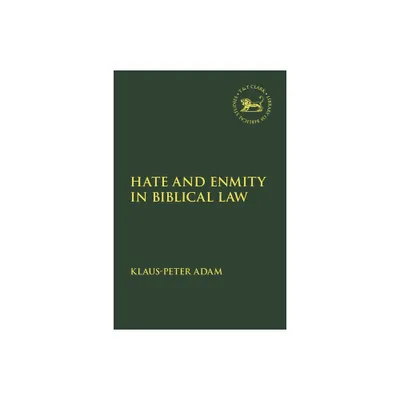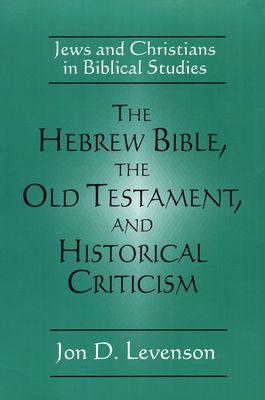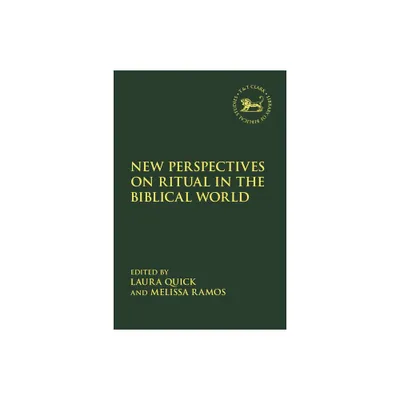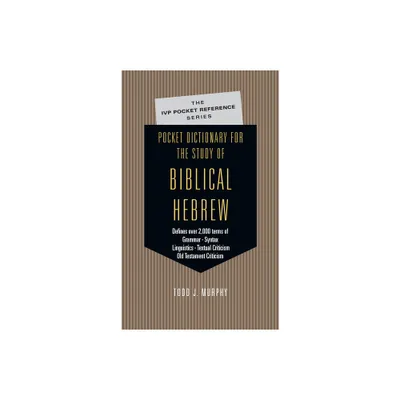Home
Memory a Time of Prose: Studies Epistemology, Hebrew Scribalism, and the Biblical Past
Loading Inventory...
Barnes and Noble
Memory a Time of Prose: Studies Epistemology, Hebrew Scribalism, and the Biblical Past
Current price: $160.00


Barnes and Noble
Memory a Time of Prose: Studies Epistemology, Hebrew Scribalism, and the Biblical Past
Current price: $160.00
Loading Inventory...
Size: Hardcover
*Product Information may vary - to confirm product availability, pricing, and additional information please contact Barnes and Noble
Memory in a Time of Prose
investigates a deceptively straightforward question: what did the biblical scribes know about times previous to their own? Daniel D. Pioske attempts to answer this question by studying the sources, limits, and conditions of knowing that would have shaped biblical stories told about a past that preceded the composition of these writings by a generation or more. This book is comprised of a series of case studies that compare biblical references to an early Iron Age world (ca. 1175-830 BCE) with a wide range of archaeological and historical evidence from the era in which these stories are set. Pioske examines the relationship between the past disclosed through these historical traces and the past represented within the biblical narrative. He discovers that the knowledge available to the biblical scribes about this period derived predominantly from memory and word of mouth, rather than from a corpus of older narrative documents. For those Hebrew scribes who first set down these stories in prose writing, the means for knowing a past and the significance attached to it were, in short, wed foremost to the faculty of remembrance.
reveals how the past was preserved, transformed, or forgotten in the ancient world of oral, living speech that informed biblical storytelling.
investigates a deceptively straightforward question: what did the biblical scribes know about times previous to their own? Daniel D. Pioske attempts to answer this question by studying the sources, limits, and conditions of knowing that would have shaped biblical stories told about a past that preceded the composition of these writings by a generation or more. This book is comprised of a series of case studies that compare biblical references to an early Iron Age world (ca. 1175-830 BCE) with a wide range of archaeological and historical evidence from the era in which these stories are set. Pioske examines the relationship between the past disclosed through these historical traces and the past represented within the biblical narrative. He discovers that the knowledge available to the biblical scribes about this period derived predominantly from memory and word of mouth, rather than from a corpus of older narrative documents. For those Hebrew scribes who first set down these stories in prose writing, the means for knowing a past and the significance attached to it were, in short, wed foremost to the faculty of remembrance.
reveals how the past was preserved, transformed, or forgotten in the ancient world of oral, living speech that informed biblical storytelling.
